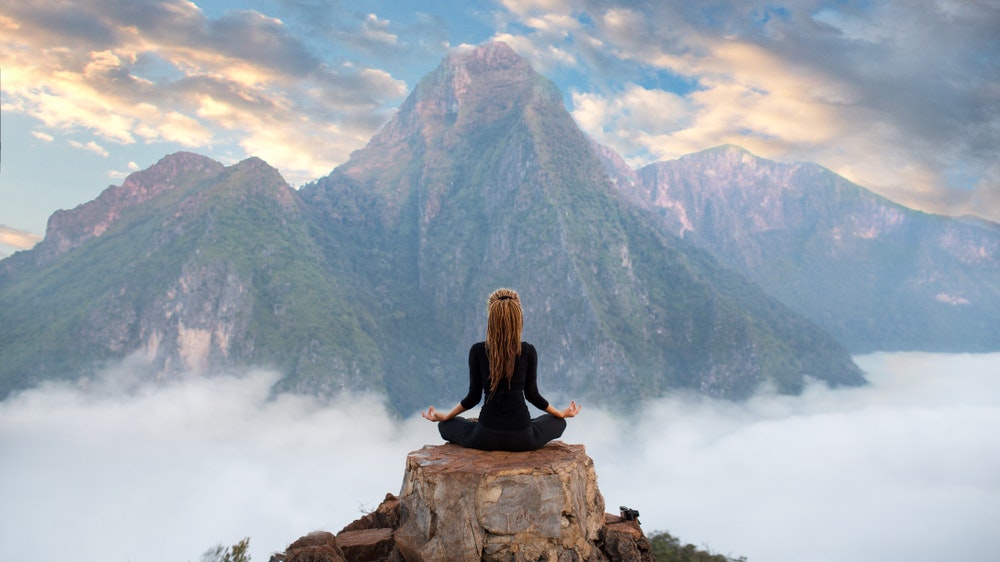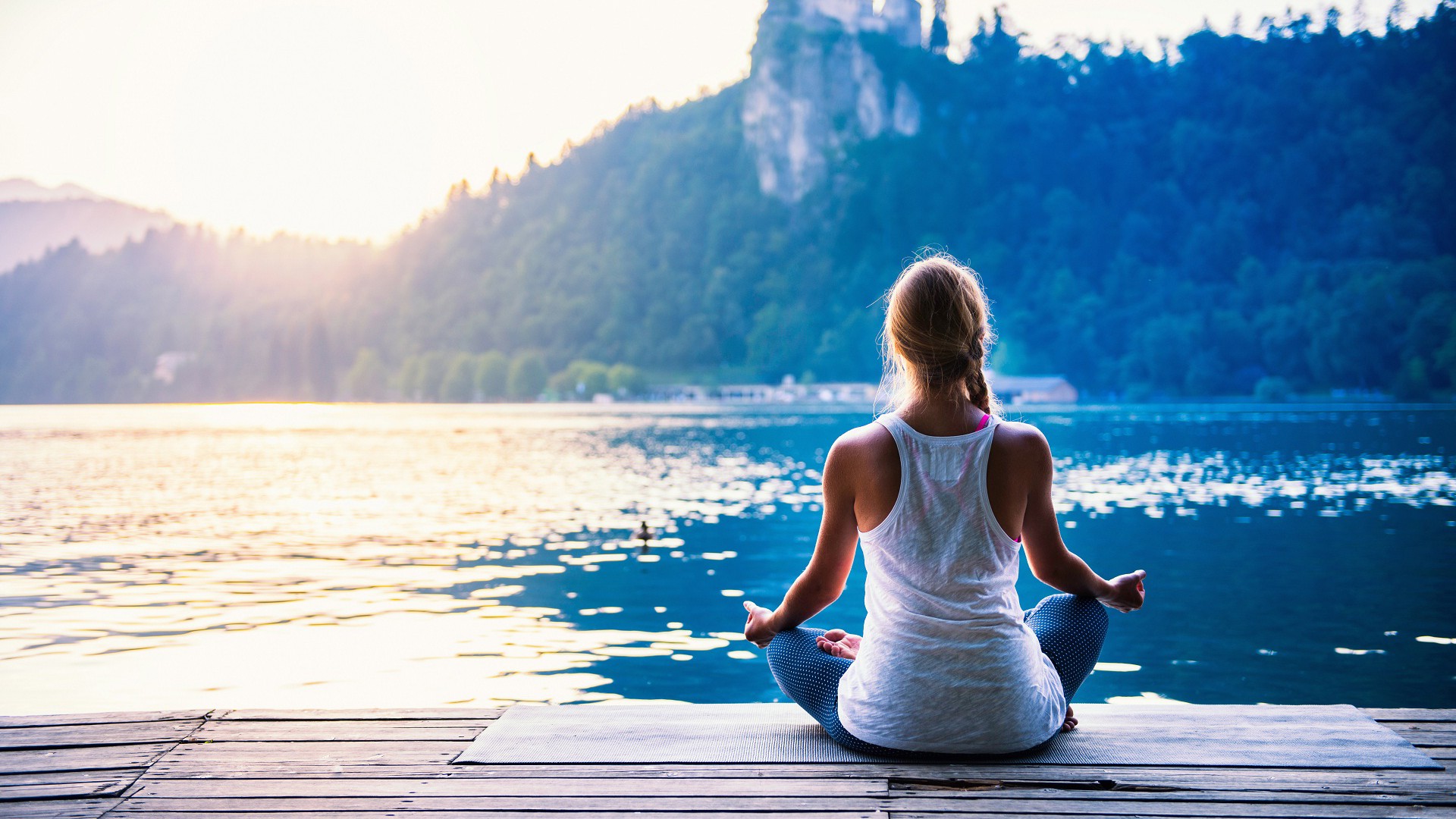One of the most common problems experienced by people who are just starting to learn meditation is falling asleep. How frustrating that when we go to meditation to learn how to live mindfully, now we become more lethargic and sleepy. Are you thinking so? Don’t worry, you’re not alone! Because there is a secret that you will know soon, that is: Even longtime meditators still fall asleep while meditating.
When I first learned about meditation, sleep became part of the course I took. After just five minutes, you can see me nodding. This went on for almost a year, and looking back now, I still think it was a really meaningful time. Before I started to meditate, my mind would run continuously, from planning for the future to analyzing the past. So, when I was put in a situation with the sole purpose of sitting quietly and still in the present moment, I went straight into lethargy, because I really didn’t know what to do with that stillness. I’m always tired, so this is my chance to sleep.

Gradually, I began to notice that I started to fall asleep as soon as I was meditating and when I felt like that, I suddenly woke up. I find a way to prevent myself from falling asleep or getting caught up in its flow.
Along the way, I discovered a few tricks to help me recognize sleepiness and guide me back to a state of wakefulness. That is:
Open your eyes
Many meditation methods require the practitioner to close their eyes, but when we close our eyes, it is easy to fall asleep and have many things in mind. The practice of meditation requires the practitioner to open his eyes but look down slightly. This helps us to be more alert and aware that we are always present, experiencing life with all our senses.
Posture adjustment
The ideal posture when meditating is sitting with your back straight and comfortable. It’s a good idea to get in the habit of checking your posture every few minutes to see if it’s tilted. If so, gently adjust back. You will notice a difference in your alertness and inner energy.
Drink wate
Many meditation centers allow students to bring water into the practice room. If you can do that or when you meditate at home, take a sip of water when you feel tired. Just through the act of drinking water and noticing when we need to drink, we move into a completely different mental state.

Walking meditation
In addition to sitting meditation, we can also do walking meditation. The object of sitting meditation is the breath, instead, you will feel the contact of your feet touching the ground during walking meditation. This is also an opportunity for us to have different feelings, create diversity in our meditation methods, and also help blood circulation better.
Ask yourself this: Are you really tired?
There’s a very subtle difference between being sleepy when meditating because you’re really sleep deprived or because your mind isn’t used to such a slow pace. This is the time to take a step back. If you’re not getting enough sleep, perhaps what you need to do is get more sleep. And you should just meditate for a while and then go to sleep.
Change the time of day to meditate
If we meditate at night, we will easily fall asleep and nod continuously. Therefore, we can try meditation at another time like early morning, when the mind is clear and relaxed.
The lights are always on
Do you meditate in the dark? If so, it is also very easy to fall into a state of lethargy. Since meditation is the practice of mindfulness, we can turn on the light or open the window where we meditate. Be more self-regulating with feelings, awareness, and awareness in your life.
Rest for a while
If you’re really struggling to stay awake, then there are two ways to take a break that can help refresh your mind. The first is to sit in the same position, rest for a while. Stop meditating. Just stay in the room for a minute doing nothing. Then come back. The second way is to get up and drink a cup of tea to wake up.
From the above tips, your drowsy state when meditating will be improved and the effectiveness of the meditation will also increase. You don’t have to take all measures. Be flexible to adjust to your circumstances. It’s important to stay awake no matter what you do. That is what meditation is.
Source: mindbodygreen
